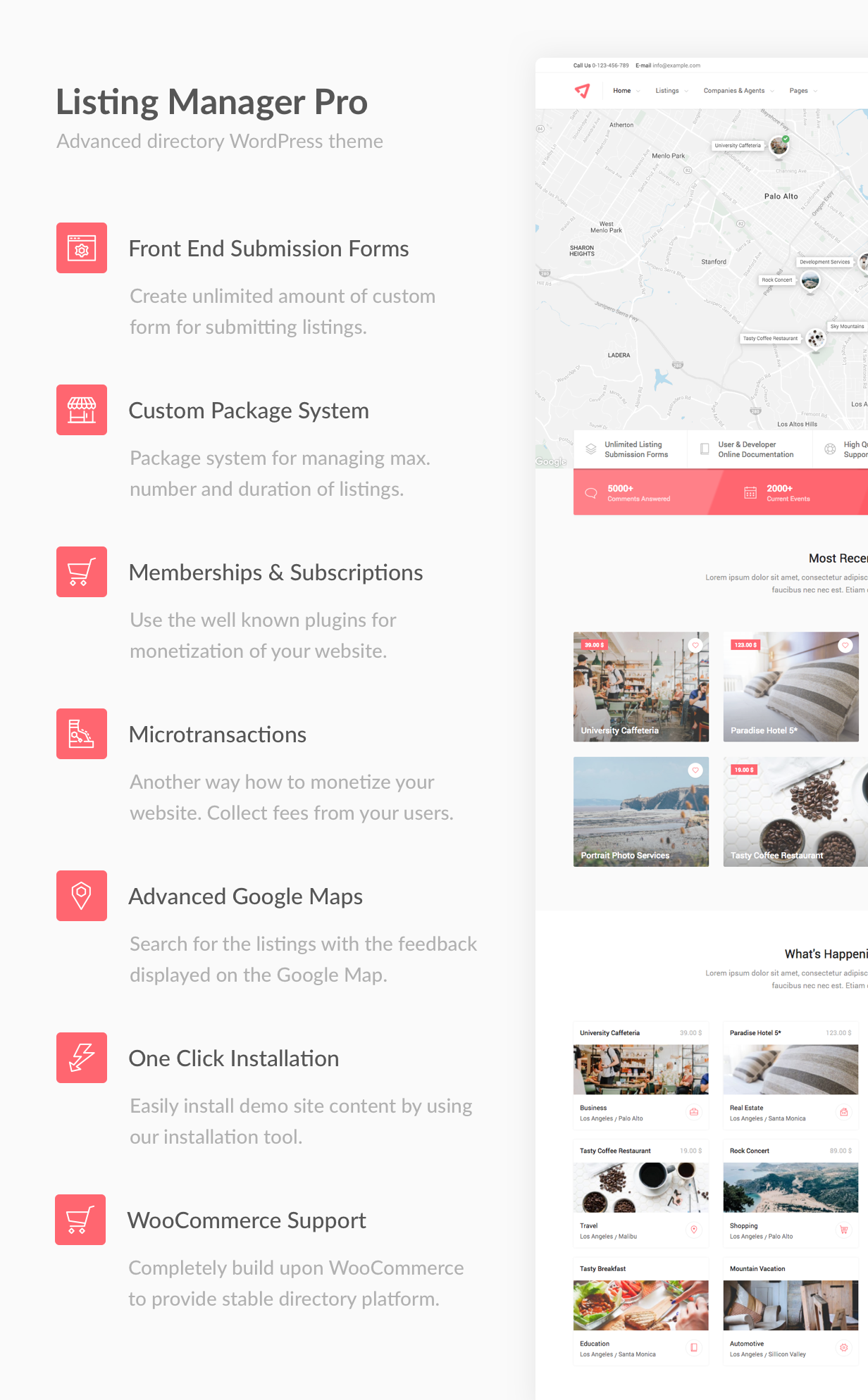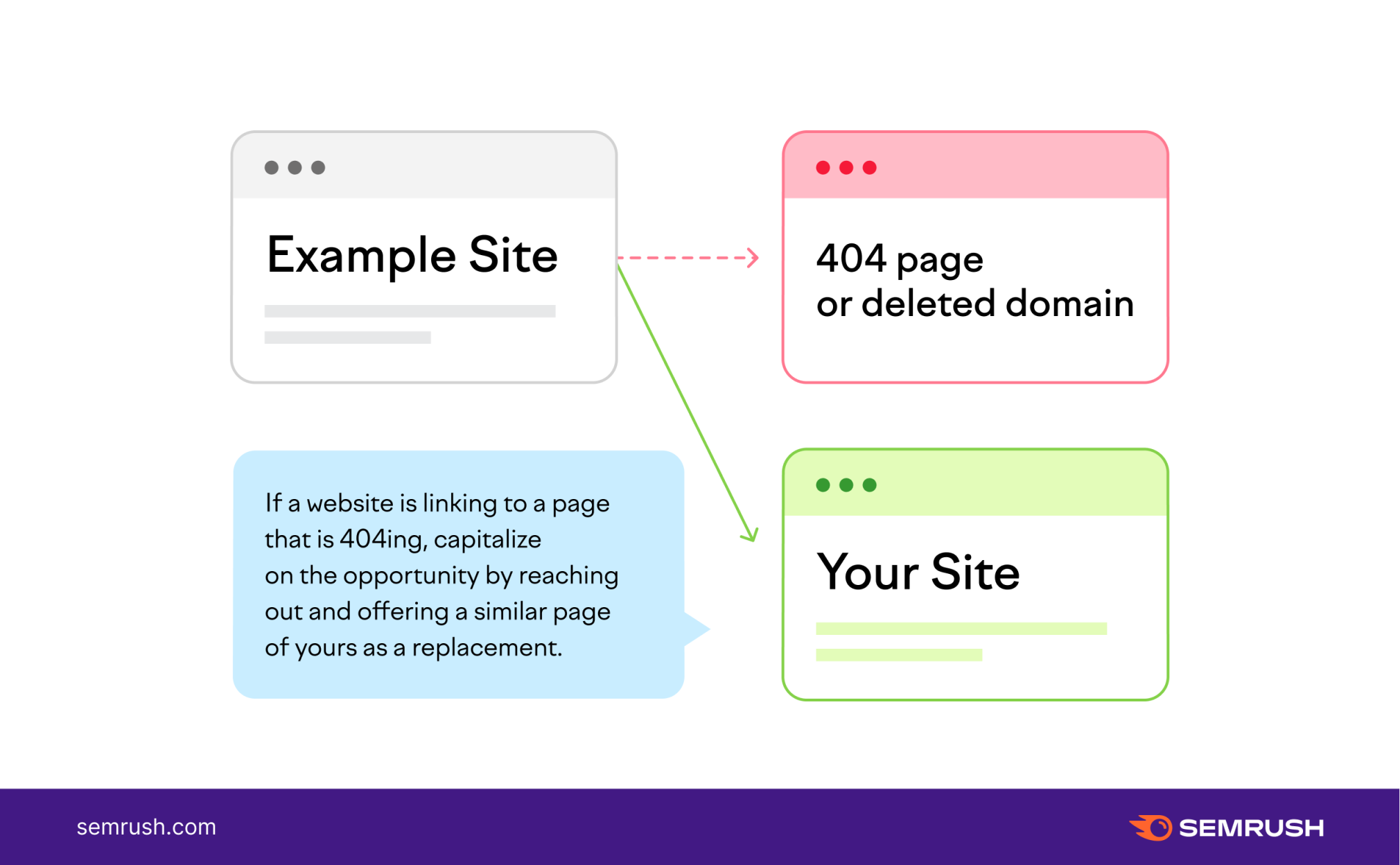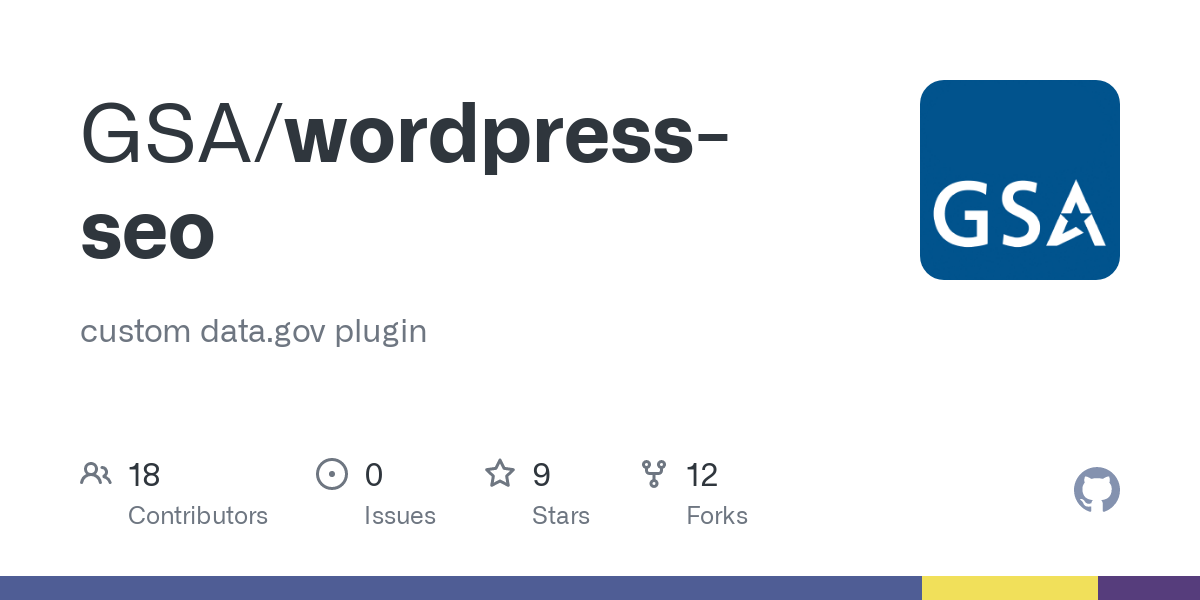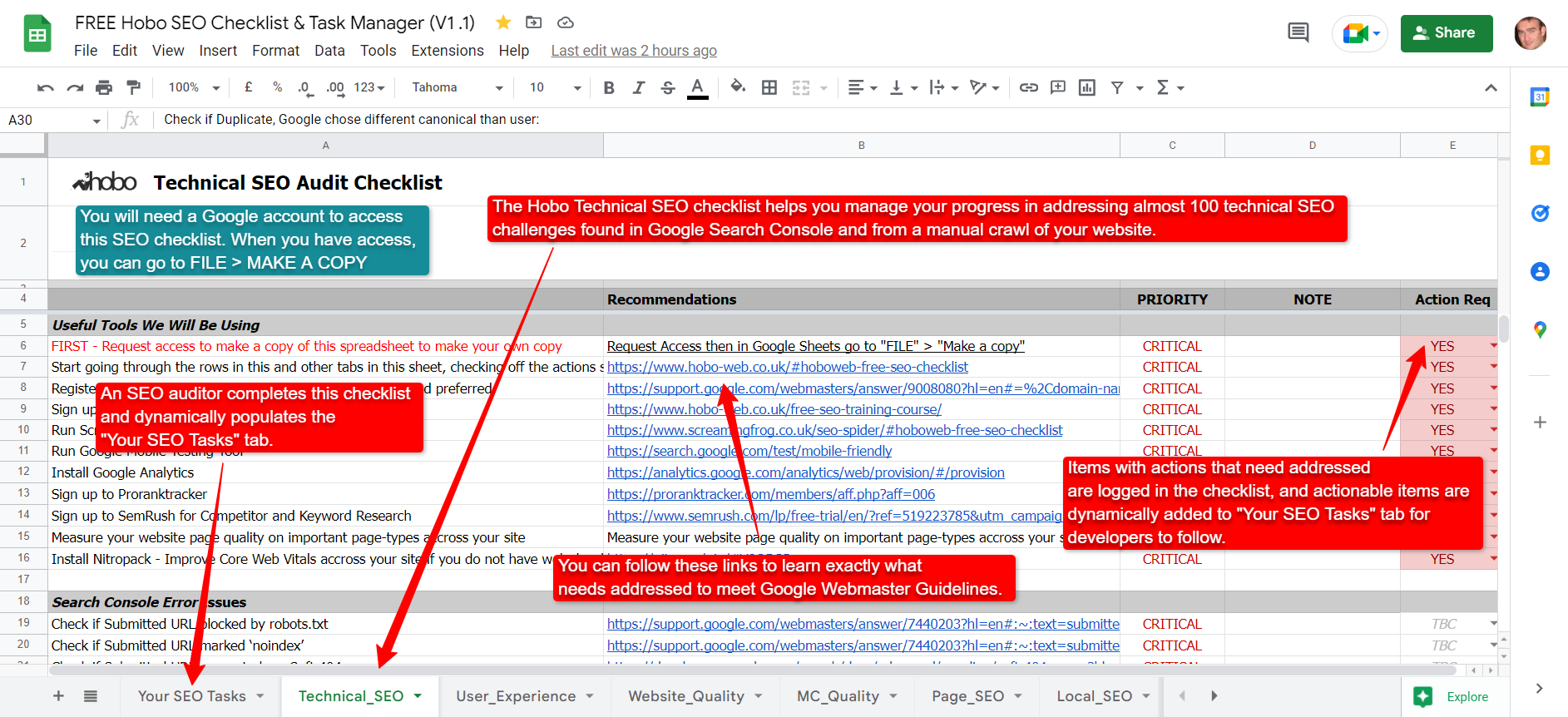SEO Keyword Strategies
Master Keyword Research For Seo Success: Tools & Tips

Keyword research is a critical component of search engine optimization (SEO) that enables businesses to identify the most relevant and high-ranking keywords to attract their target audience and improve their online visibility. It is a process of discovering and analyzing the terms and phrases that people use to search for products or services on search engines like Google, Bing, and Yahoo.
By understanding the language and intent of their audience, businesses can optimize their website content, metadata, and advertising campaigns to rank higher on search engine results pages (SERPs) and drive traffic to their website.
In today’s competitive online marketplace, mastering keyword research is essential for businesses that want to succeed in SEO. It involves a combination of creativity, data analysis, and strategic thinking to identify the most profitable keywords that align with their business objectives and target audience.
This article will explore the importance of keyword research, the factors to consider in the process, and the tools and tips that businesses can use to improve their keyword strategy and achieve SEO success. Whether you are a beginner or an experienced marketer, this guide will equip you with the knowledge and skills to stay ahead of the competition and maximize your online visibility.

Key Takeaways
- Keyword research is important for the visibility and acknowledgment of your content as it enables you to target and attract your audience much more quickly and rank higher on search engines.
- When conducting online keyword research, relevance, competition, and search volume are crucial factors to consider when choosing the right SEO keywords.
- The most famous keyword research tools include Google Search Console, Ahref, SEMrush, Adword Planner Tool, and Uber Suggest, amongst others, and most of them can be used for free.
- Relevance remains the crucial factor for your traffic even though the keyword volume might be high, and keyword SEO research is essential for identifying your competition and finding the most appropriate place to launch your content.
What is Keyword Research?
Keyword research is a crucial component of SEO, as it involves identifying common and high-ranking terms that are relevant to a business or industry, and can enable content to be more visible and attract a larger audience, as well as rank higher on search engines, thus symbolizing the key to unlocking success in the digital world.
Keyword research techniques and strategies are essential for SEO optimization, as they enable businesses to understand their audience better, and tailor their content to meet their needs and expectations.
Keyword research involves various techniques, such as expanding topics with the most common phrases used for a particular query, examining related phrases at the bottom of search engines, estimating the volume and strength of each keyword found, and analyzing the customer’s intents and business ideas.
Keyword research strategies require businesses to consider relevance, competition, and search volume when selecting the right SEO keywords. It is essential to choose quality keywords over quantity keywords as Google ranks content by relevance, and selecting an irrelevant keyword can significantly decrease a business’s chances of ranking higher on search engines.

Importance of Keyword Research
The process of identifying and analyzing relevant and high-ranking terms is crucial for enhancing the visibility and recognition of content on search engines. Keyword research helps businesses target their audience more effectively and attract them to their website. Understanding the importance of keyword research enables businesses to rank higher on search engines, making it easier for potential customers to find their content.
Here are three reasons why keyword research is important for businesses in the digital world:
-
Targeting audience: Keyword research enables businesses to identify the phrases and terms that their target audience uses when searching for information. This helps businesses create content that resonates with their audience and increases their chances of appearing in search engine results.
-
Competitive analysis: By analyzing their competitors’ keywords, businesses can gain insights into their target audience and their search behavior. This helps businesses develop a more effective SEO strategy and stay ahead of their competition.

-
Increased visibility: Keyword research helps businesses choose the right keywords that can help them rank higher on search engines. This increases their visibility and helps them attract more traffic to their website, leading to more conversions and sales.
Factors to Consider in Keyword Research
When conducting keyword research, it is essential to consider various factors that can influence the effectiveness of your SEO strategy. One of the most crucial factors is relevance, which involves identifying the most appropriate keywords that align with your target audience’s search intent. By understanding the problems, needs, and interests of your audience, you can create content that caters to their specific concerns and preferences, increasing your chances of ranking higher on search engines.
Another critical factor to consider in keyword research is competition. Keyword competition refers to the level of difficulty involved in ranking for a particular keyword, based on the number of websites targeting that keyword. To maximize your SEO success, you should focus on long-tail keywords that are less competitive but still relevant to your audience.
Long-tail keywords are more specific and detailed phrases that typically have a lower search volume but higher conversion rates, making them an ideal choice for businesses looking to attract high-quality leads and conversions. By considering these factors, you can develop a comprehensive keyword research strategy that helps you achieve your SEO objectives and drive more organic traffic to your website.

Keyword Research Tools
Various platforms offer a range of tools that can assist in conducting keyword research for SEO purposes. These tools are essential for any business looking to improve their online presence and rank higher on search engines. Here are some of the best keyword research tools available:
-
Google Search Console: This is a free tool that enables you to monitor your website’s performance, including search queries and the number of clicks received. It helps in identifying keywords that are driving traffic to your site.
-
SEMrush: SEMrush offers a suite of SEO tools that can assist in keyword research strategies. Its keyword magic tool provides a database of more than 20.3 billion keywords, while its SEO audit tool helps in scanning your site and making suggestions on how to improve your keyword structure. Its organic traffic insights tool can be used to track competitors’ keywords and changes in domains.
Best practices for keyword selection include considering relevance, competition, and search volume. These tools are invaluable in identifying relevant keywords and assessing their competition and volume.

By incorporating these tools into your keyword research strategy, you can select high-ranking terms that will enhance your online visibility and attract your target audience.
Google Keyword Planner
Google Keyword Planner is a highly popular tool that is often used for conducting keyword research for SEO. One of the primary features of this tool is its ability to analyze the relevance and search volume of keywords, as well as the competition. By using Google Keyword Planner, businesses can get a better understanding of what keywords their target audience is searching for and create content that aligns with their interests.
Moreover, this tool provides valuable insights into the competition, which can help businesses optimize their content to rank higher on search engines.
Keyword volume analysis is another key feature of Google Keyword Planner. This tool allows businesses to find the most relevant and high-ranking keywords for their content by using data-driven insights. By analyzing search volumes, businesses can get an idea of how many people are searching for specific keywords and adjust their content accordingly.

This feature is particularly useful for businesses looking to optimize their SEO strategy, as it allows them to target keywords that have a higher search volume and are more likely to drive traffic to their website.
Overall, Google Keyword Planner is a powerful tool that can help businesses create content that resonates with their target audience and drives traffic to their website.
SEMrush Keyword Magic Tool
The SEMrush Keyword Magic Tool offers a comprehensive database of over 20.3 billion keywords, providing businesses with an array of options to conduct SEO research and increase their website’s traffic. This tool uses advanced algorithms to provide keyword research strategies and advanced SEO tactics to its users. It allows users to filter keywords by various metrics such as search volume, keyword difficulty, and cost-per-click to help businesses find the most relevant and profitable keywords for their content.
To emphasize the effectiveness of the SEMrush Keyword Magic Tool, a table can be used to compare it with other popular keyword research tools such as Google Keyword Planner, Ahrefs, and Uber Suggest. The table can compare the features, databases, and pricing of each tool to show the benefits of using the SEMrush Keyword Magic Tool for SEO research. Overall, this tool is a valuable asset for businesses that want to optimize their content and increase their website’s visibility in search engines.

| Keyword Research Tools | Database | Features | Pricing |
|---|---|---|---|
| SEMrush Keyword Magic Tool | Over 20.3 billion keywords | Advanced filters, keyword difficulty assessment, SEO audit tool, organic traffic insights tool | Subscription-based |
| Google Keyword Planner | Limited database | Search volume, competition, cost-per-click metrics | Free |
| Ahrefs | Over 10 search engines across 171 countries | Keyword difficulty assessment, accurate search volumes, keyword ranking categories | Subscription-based |
| Uber Suggest | Keyword suggestions, domain overviews, content ideas | Limited database | Free |
Ahrefs Keyword Research 3.0 Beta
Ahrefs’ Keyword Research 3.0 Beta tool, likened to a telescope, allows for precise and accurate keyword research by enabling users to adjust their search engine results to Amazon, Bing, Yahoo, YouTube, or Google. This feature is particularly useful for businesses that cater to specific search engines or those that want to analyze their competition’s keyword strategy across different platforms.
Additionally, Ahrefs provides keyword difficulty assessments, accurate search volumes, and insightful data on keyword ranking categories, making it an all-in-one tool for businesses looking to optimize their SEO strategy. The ability to accurately assess keyword difficulty and search volumes is crucial for businesses to understand their competition and target the right audience.
Ahrefs’ Keyword Research 3.0 Beta tool offers this feature, providing businesses with the necessary data to make informed decisions and optimize their content for maximum visibility. With Ahrefs’ comprehensive suite of tools and features, businesses can streamline their keyword research process and gain a competitive edge in their industry.
Uber Suggest Keyword Suggestion Tool
The Uber Suggest Keyword Suggestion Tool is a valuable resource for businesses looking to improve their SEO optimization. It provides a comprehensive analysis of specific keywords, including their volume and seasonal trends, allowing businesses to gain a deeper understanding of their target audience’s preferences and stay ahead of their competition.

By using keyword research techniques with Uber Suggest, businesses can identify the most relevant and popular keywords in their industry, resulting in increased web traffic and improved search engine rankings.
The tool also provides suggestions for related keywords, giving businesses the opportunity to expand their content and reach a broader audience.
Overall, the Uber Suggest Keyword Suggestion Tool is a crucial component of any successful SEO strategy, providing businesses with the necessary insights to stay competitive in today’s digital landscape.
Frequently Asked Questions
How long does it typically take to see results from keyword research for SEO?
How long it takes to see results from keyword research for SEO depends on various factors affecting the timeline, such as measuring effectiveness, competition, and search volume. A data-driven approach is necessary to analyze the results and make improvements accordingly.

Can keyword research be done effectively without using any tools?
Manual keyword research techniques can be effective but have limitations. Without the aid of tools, it may be difficult to accurately assess search volumes and competition, leading to suboptimal keyword choices. However, combining manual techniques with available data can still yield valuable insights.
Is it necessary to prioritize high volume keywords over lower volume but more specific keywords?
Balancing SEO strategy requires prioritizing between long tail and short tail keywords. While high volume keywords are important, more specific keywords can attract niche targeting and improve relevancy. Data-driven analysis is necessary in making keyword prioritization decisions.
How can keyword research help with content creation beyond just optimizing for search engines?
Keyword research can aid content creation by informing a content strategy that aligns with user intent analysis. By targeting relevant keywords and understanding user needs, content can be tailored to attract and engage the intended audience, leading to higher engagement and conversions.
Are there any ethical considerations to keep in mind when conducting keyword research for SEO?
Keyword intent analysis is crucial for successful SEO, but ethical considerations must be kept in mind. A study found that 60% of searchers are unaware that their data is collected through search engines, making transparency and consent essential when conducting keyword research.


Hello there! I’m Louis Hill, the go-to guy for all things SEO and Keyword Research at Keyword Luv. My journey began at Ohio State, where I honed my skills in computer programming. But it’s the dynamic world of SEO and Online Marketing that truly captivates me. I’ve probably spent more hours ranking websites than most self-confessed computer nerds!
When I’m not immersed in the digital realm, you’ll find me pedaling through the countryside, embracing the freedom of cycling. Or perhaps, scribbling some not-so-great poetry, which I find oddly therapeutic. Travel is another passion, exploring new places and creating memories. And let’s not forget Duchess, my Golden Retriever. She might not be the typical retriever, but she’s perfect in her unique way!
Feel free to connect with me on Instagram or Facebook. Whether you’re curious about the latest trends in SEO, want to swap travel stories, or share a laugh over some bad poetry, I’m all ears. Let’s navigate this fascinating digital landscape together!















